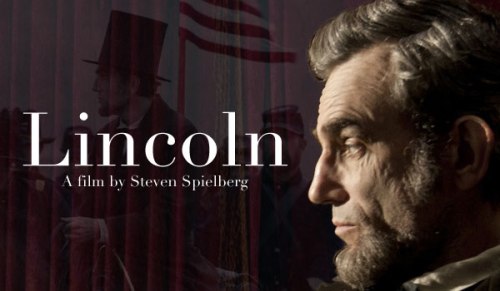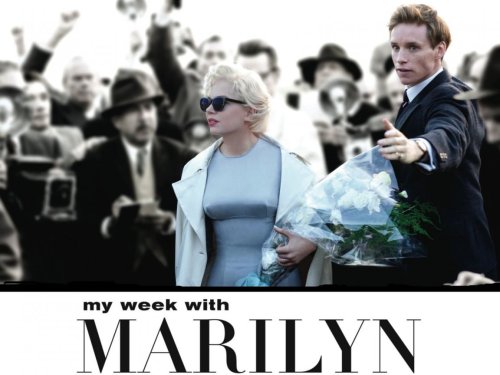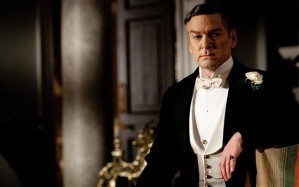Star Rating: 3.5/5
Directors:
- Anthony Russo – Lucky, You, Me & Dupree, Community, Captain America II, The Avengers III: Infinity War: Part I
- Joe Russo – Welcome To Collinwood, Arrested Development, You, Me & Dupree, Captain America II, The Avengers III: Infinity War: Part I
Cast:
- Chris Evans – Fantastic Four I & II, Captain America I & II, The Avengers Assemble I–III(i)
- Robert Downey Jr – Wonder Boys, Iron Man I-III, The Judge, The Avengers Assemble I–III(i)
- Scarlett Johansson – The Prestige, Iron Man II, The Avengers Assemble I, Her, Captain America II, Ghost In The Shell
- Sebastian Stan – Hot Tub Time Machine, Gossip Girl, Black Swan, Captain America I & II, The Martian, I’m Not Here
- Paul Bettany – A Beautiful Mind, Inkheart, Blood, Transcendence, Official Secrets
- Don Cheadle – Swordfish, Hotel Rwanda, Iron Man II & III, The Avengers II, House of Lies
- Jeremy Renner – SWAT, Mission: Impossible IV & V, The Avengers Assemble I–III(i), Arrival
- Chadwick Boseman – Lincoln Heights, Persons Unknown, Gods of Egypt, Black Panther
- Elizabeth Olsen – Martha Marcy May Marlene, Godzilla, The Avengers II, I Saw The Light, Wind River
- Paul Rudd – Friends, Forgetting Sarah Marshall, This Is The End, Ant-Man I & II, Sausage Party
- Tom Holland – The Impossible, Wolf Hall, In The Heart Of The Sea, Spider-Man: Homecoming
- Daniel Bruhl – The Bourne Ultimatum, Inglorious Basterds, Rush, The Woman In Gold, The Zookeeper’s Wife
- Martin Freeman – Hot Fuzz, The World’s End, The Hobbit I, II & III, Official Secrets
- Frank Grillo – Prison Break, Warrior, The Grey, Beyond Skyline
- Marisa Tomei – Wild Hogs, The Lincoln Lawyer, The Ides of March, The Big Short, Spider-Man: Homecoming
- John Kani – Othello, The Birds Can’t Fly, Coriolanus, I Am Khana
- Anthony Mackie – The Hurt Locker, The Adjustment Bureau, Pain & Gain, Captain America II, The Avengers II, Westlands
- John Slattery – Madmen, Iron Man II, The Adjustment Bureau, Churchill
Music Composer:
- Henry Jackman – Kick-Ass I & II, X-Men: First Class, Captain Phillips, Kingsman: The Secret Service, Captain America II, Jack Reacher II
Six weeks ago, Batman v Superman (BvS) finally arrived in cinemas. It was essentially about 100 minutes of a jumbled nothingness in order to get two superheroes to take opposing sides and smash each other black and blue. It was a tremendously disappointing film. So upon entering Captain America III: Civil War, with the prospect of a dozen superheroes taking sides and smashing each other up, was one right to be apprehensive? Hell no!

Tony Stark (Robert Downey Jr) and Steve Rogers (Chris Evans) have a sensible discussion about the pros and cons of signing up the Sokovia Accords.
Put simply, Captain America III begins shortly after the events in Sokovia (the final battle in The Avengers II: Age of Ultron). The world is furious with the Avengers due to the amount of death and destruction they caused. As a result, the UN have issued the Sokovia Accords and want to ratify them, to ensure that the Avengers will be unable to act without UN approval in future conflicts. Tony Stark/Iron Man (Robert Downey Jr) agrees with the need for the accords and general oversight since he feels guilty for the carnage the Avengers caused; particularly as he created Ultron.
However, Steve Rogers/Captain America (Chris Evans) disagrees. He believes in his own judgement and claims to know when it is best for the Avengers to act, not the UN. This splits within the Avengers down the middle as some take Stark’s side while others take Rodger’s side. Complicating matters further is the return of Roger’s friend, Bucky, aka the Winter Soldier (Sebastian Stan). Stark believes he is a great danger, but Rogers does not. And so the civil war begins.
Captain America III is a lot of fun. It is 147-minutes of continuous smash ups involving our favourite Avengers characters (minus Thor and the Hulk), with some aspects of a storyline (or three) in between all the fighting. Unsurprisingly, the plot makes little sense. But to give directors Anthony and Joe Russo credit, the plot for Captain America III makes considerably more sense than BvS (despite having three times as many characters). In addition, the tone is consistent and enjoyable due to its carefree comic nature, in stark contrast to BvS’s imbalance of ultra-seriousness and unrealistic, over-the-top fight sequences.

Captain America (centre) and his side of the civil war, consisting of Bucky (Sebastian Stan), Scarlet Witch (Elizabeth Olsen), Hawkeye (Jeremy Renner), Anti-Man (Paul Rudd) and Falcon (Anthony Mackie).
Another element of Captain America III that the directors get right is the lack of background for all the characters upon their introductions, including the new Peter Parker/Spiderman (Tom Holland). That is not to say that the introductions aren’t done well. On the contrary, they are apt and very amusing too, but more in a welcome back way (with the exception of Spiderman) rather than in the form of long-winded origins stories. (Take note Zack Snyder: when something has been done well already, i.e. Bruce Wayne’s/Batman’s background in 2005’s Batman Begins; or has been overdone badly, i.e. how Peter Parker got his Spidy-powers in 2002’s Spiderman and 2012’s The Amazing Spiderman, there is no need to put in the same tale again that cinema-goers are tired of, and especially not in slow-motion.)
Captain America III gets a lot right. Nevertheless, it is too long and the constant bashing that the superheroes do to each other does become repetitive. One can have a snooze in the movie, wake up and still be watching the same fight scene or a different one. It really makes no difference. Nothing of lasting consequence ever happens.

Team Iron Man, consisting of Black Panther (Chadwick Boseman), Iron Man (Robert Downey Jr), Vision (Paul Bettany), Black Widow (Scarlett Johansson) and War Machine (Don Cheadle). Spiderman (Tom Holland) is also on Team Iron Man, but he is not in the picture.
Also, like in Captain America II, Civil War’s storylines run out of puff long before the film’s climactic battle(s). Viewers can be forgiven for forgetting (or even for failing to understand) why Captain America and Iron Man are fighting one another by the end. Then again, one could say that about pretty much all the Marvel comic-book films really. And, strangely enough, that is the point: it doesn’t matter. That is why viewers like Marvel comic-book films and why the studios keep churning out more of them.
Over-all, Captain America III: Civil War is an entertaining, light-hearted film. It is funny and action-packed. Yes, those who have seen other Avengers-related films have probably seen it all before, but who cares? Audiences go into comic-book films, like Captain America III, wanting to enjoy themselves, to watch an ensemble of superheroes beat each other up, and to laugh. The movie delivers, which is more than what can be said for another film about an ensemble of superheroes that fought one another recently.
PG’s Tips





















